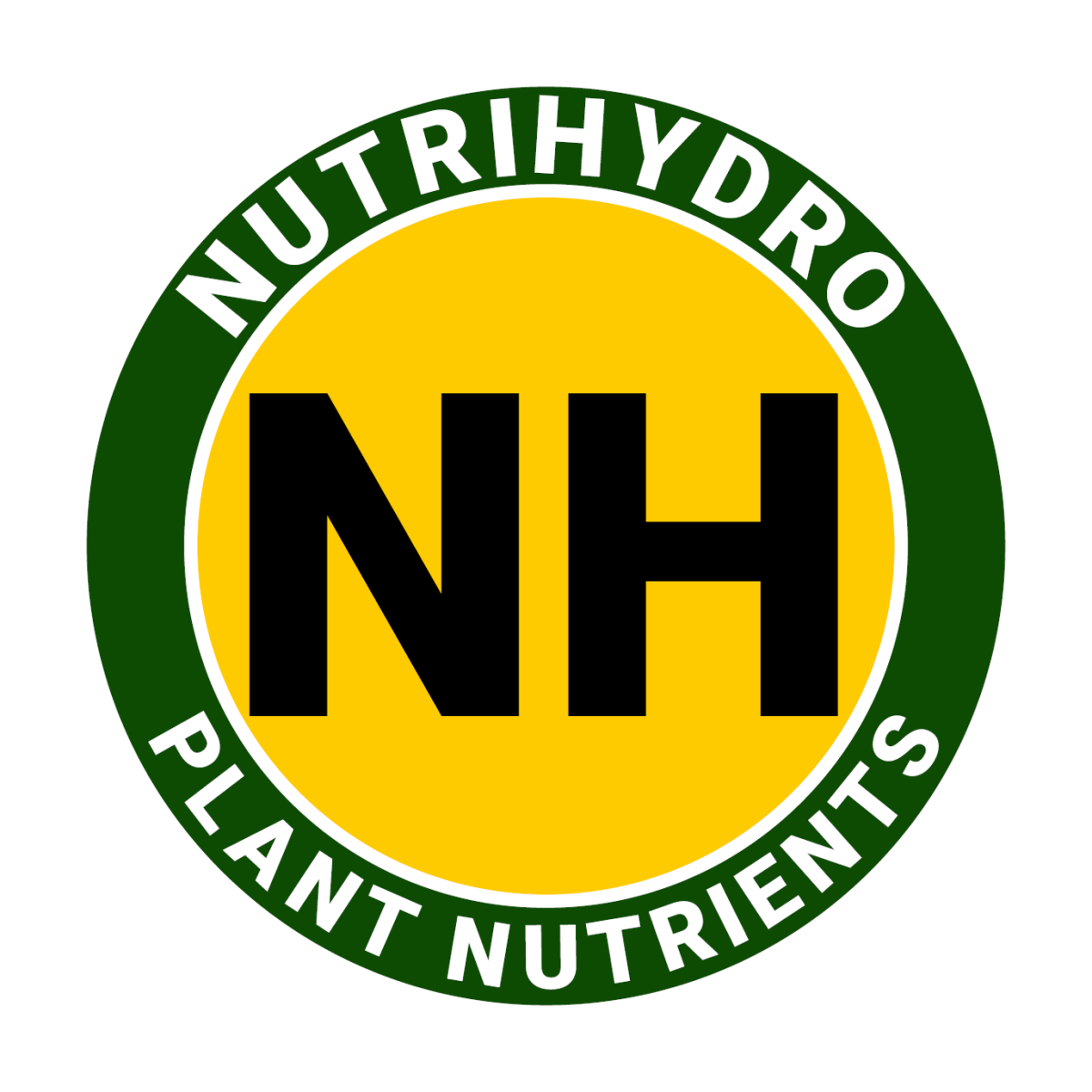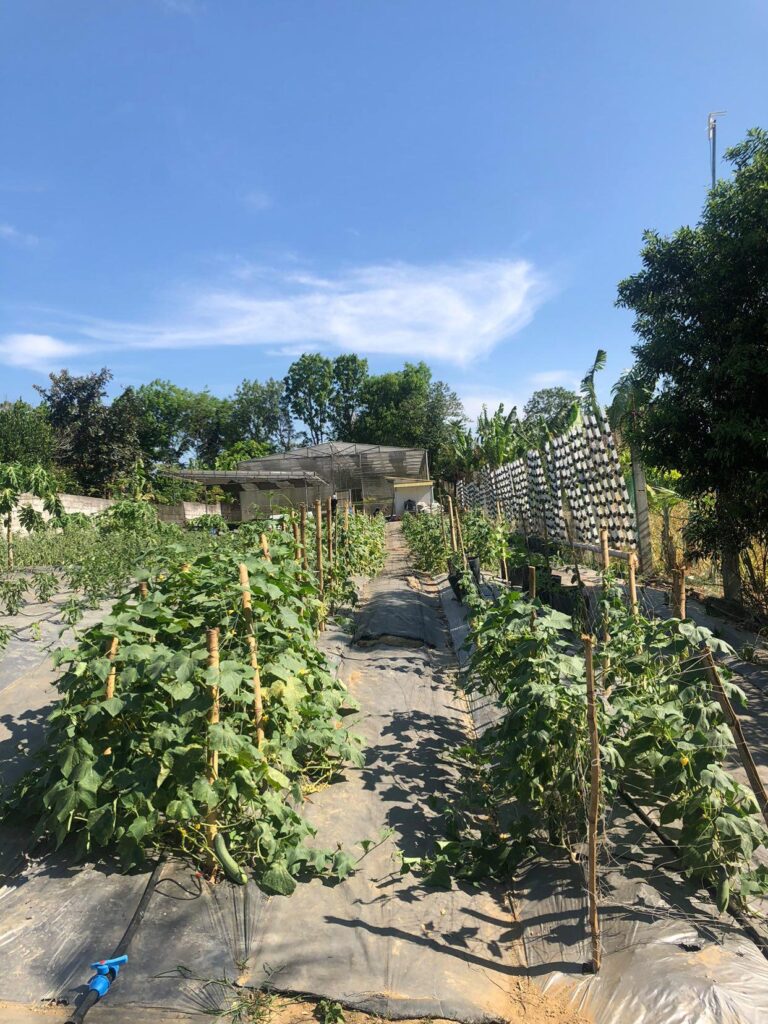Lettuce Necrotic Yellow Virus : Wilt & Die Series
 Lettuce Necrotic Yellow Virus (LNYV), also known as Lettuce Big-Vein Associated Virus, is a virus that causes significant losses in hydroponic lettuce cultivation. This virus primarily affects lettuce, and its symptoms and impacts are concerning to both small-scale home gardeners and large-scale commercial producers.
Lettuce Necrotic Yellow Virus (LNYV), also known as Lettuce Big-Vein Associated Virus, is a virus that causes significant losses in hydroponic lettuce cultivation. This virus primarily affects lettuce, and its symptoms and impacts are concerning to both small-scale home gardeners and large-scale commercial producers.
Causes and Transmission of LNYV
The LNYV is a pathogen from the Tombusviridae family. It is transmitted to lettuce plants by the soil-borne fungus Olpidium brassicae. This fungus, while not harmful to the lettuce plants itself, acts as a vector carrying the virus from the soil to the plants. The virus affects the plant’s growth, potentially reducing the plant’s overall size, yield, and marketability.
It’s important to note that LNYV is not transmitted directly from plant to plant; instead, the virus must be carried by the fungus from infected plants or soil to new, healthy plants. This makes the management of LNYV especially challenging as it requires addressing not just the virus itself but also its fungal vector.
Symptoms of LNYV
Typically, the initial signs of LNYV infection in lettuce plants are yellowing and stunting. The older leaves of infected plants develop a yellow discoloration, while younger leaves might display a lighter green hue than their healthy counterparts. Affected plants may exhibit stunted growth and, in severe cases, may stop growing altogether.
In addition to these visible symptoms, infected lettuce plants also display microscopic symptoms. On a cellular level, LNYV causes the veins of the lettuce leaves to enlarge, leading to the characteristic “big vein” symptom from which the virus gets its alternative name.
Management and Treatment
There are currently no known treatments for LNYV, which makes prevention the primary focus of disease management strategies. Here are some steps to manage LNYV:
Fungus Control: Since LNYV is vectored by the fungus Olpidium brassicae, controlling this fungus is a key step in managing the disease. Crop rotation, soil sterilization, and the use of fungicides can help control the fungus’s population in the soil and consequently decrease the chances of LNYV infection.
Resistant Varieties: Some lettuce varieties exhibit a degree of resistance to LNYV. Incorporating these resistant varieties into a cropping system can help reduce the potential for disease outbreaks.
Hygiene: Regularly clean and disinfect all gardening tools, gloves, and other equipment that comes into contact with soil or plants. This can help prevent the fungus from spreading the virus to new areas or plants.
Isolation: If a plant is suspected of being infected with LNYV, isolate it from other plants to prevent the spread of the fungus and the virus.
Removal: Infected plants should be removed and disposed of properly to prevent the virus from spreading to healthy plants.
Proper Plant Nutrition
LNYV can stress lettuce plants and reduce their overall health and vitality, making proper plant nutrition crucial. Healthy plants are more capable of resisting diseases and pests and can recover more quickly if they do become infected.
In hydroponic systems, plant nutrition is managed through the nutrient solution, which must be carefully balanced to provide all the necessary nutrients. NutriHydro Lettuce Formula is designed to meet the specific nutritional needs of hydroponically grown lettuce. By ensuring the plants have access to all the necessary nutrients in the correct proportions, this formula helps to enhance plant health and disease resistance.
In addition to the nutrient formula, maintaining the correct pH of the nutrient solution is crucial. NutriHydro pH Control can be used to adjust the pH to the optimal range for nutrient absorption. This helps to avoid nutrient imbalances that could weaken the plant and make it more susceptible to diseases.
Lastly, NutriHydro Biostimulants, which can be applied as a foliar spray, enhance the plant’s resistance against diseases by boosting their innate defense mechanisms.
Economic Impact
LNYV can cause significant yield losses in lettuce production, leading to increased costs for growers and potentially higher prices for consumers. In the United States, losses due to LNYV can reach up to $30 million annually, and similar levels of losses are reported in Europe and other parts of the world where lettuce is grown commercially.
In conclusion, while there is currently no known cure for LNYV, proper management strategies can help to mitigate the disease’s impacts. An integrated approach to disease management, including preventive measures and proper plant nutrition, is crucial for maintaining healthy, productive lettuce crops.
Author
Christopher Tuason
Christopher Tuason
NutriHydro is a manufacturer of plant nutrients based in the Philippines. They are known to grow the healthiest, heaviest, and largest lettuce in the country. NutriHydro products are available to purchase from the following e-commerce platforms.
Lazada: bit.ly/3asMYXN
Shopee: bit.ly/3nRJX6Z
Basilyard: bit.ly/346Kklw
NutriHdyro Website: bit.ly/434MoY6





